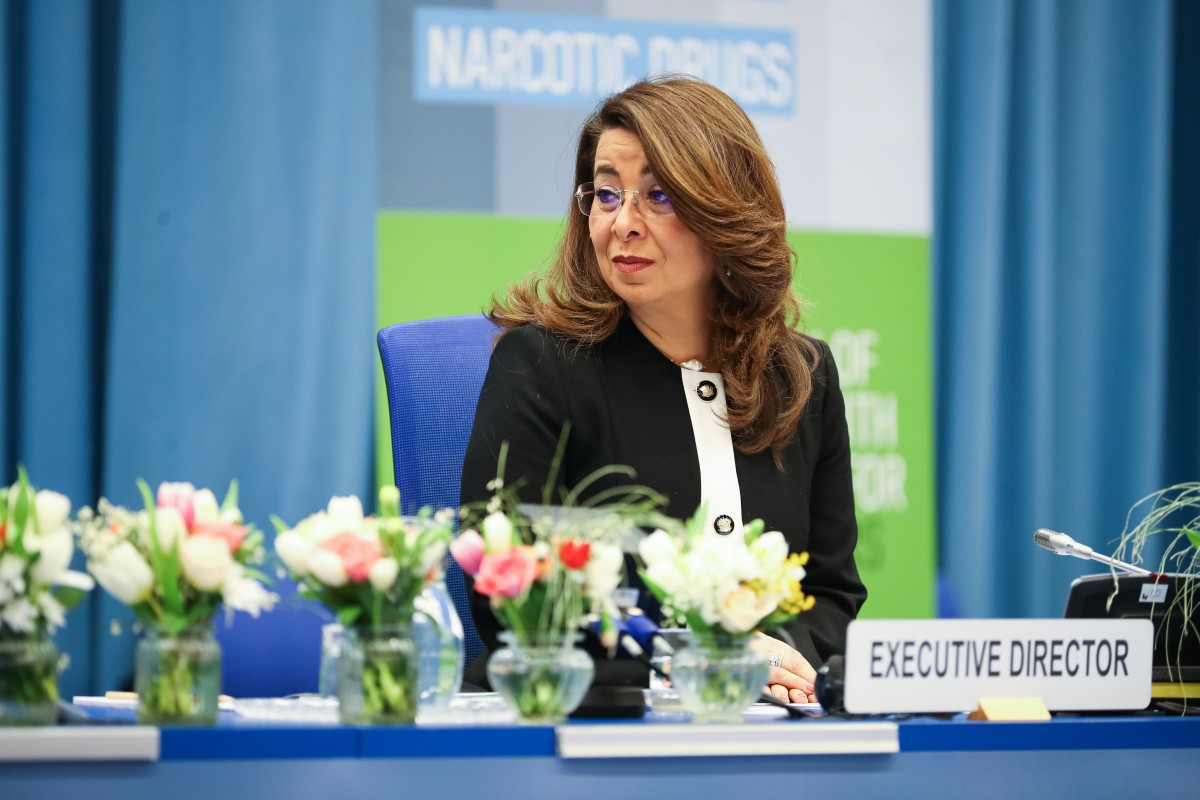Sponsored Content
UN General Assembly Adopts Cybercrime Convention: A Step for UNODC for International Security
In a unanimous decision, the United Nations General Assembly adopted the first international cybercrime convention. Hailed by many as a historic achievement, this convention marks the first UN agreement on crime-related issues in over 20 years. In an increasingly digitalized world, the new convention aims to strengthen international cooperation in the fight against cybercrime and shape a safer digital future.
 UNODC Executive Director Ghada Waly emphasized the importance of adopting the convention and the need for increased international cooperation amid rising cyber threats. / Picture: © UNODC/Max Brucker / Flickr Attribution (CC BY 2.0, https://creativecommons.org/licenses/by/2.0/)
UNODC Executive Director Ghada Waly emphasized the importance of adopting the convention and the need for increased international cooperation amid rising cyber threats. / Picture: © UNODC/Max Brucker / Flickr Attribution (CC BY 2.0, https://creativecommons.org/licenses/by/2.0/)
With the rapid advancement of technology, new forms of crime have emerged that take advantage of artificial intelligence, blockchain technology, and other digital innovations. Cybercrime ranges from identity theft and financial fraud to human trafficking, drug smuggling, and serious attacks on critical infrastructure.
Cyberattacks are increasing compared to previous years, with…
or Log In
Fast News Search





